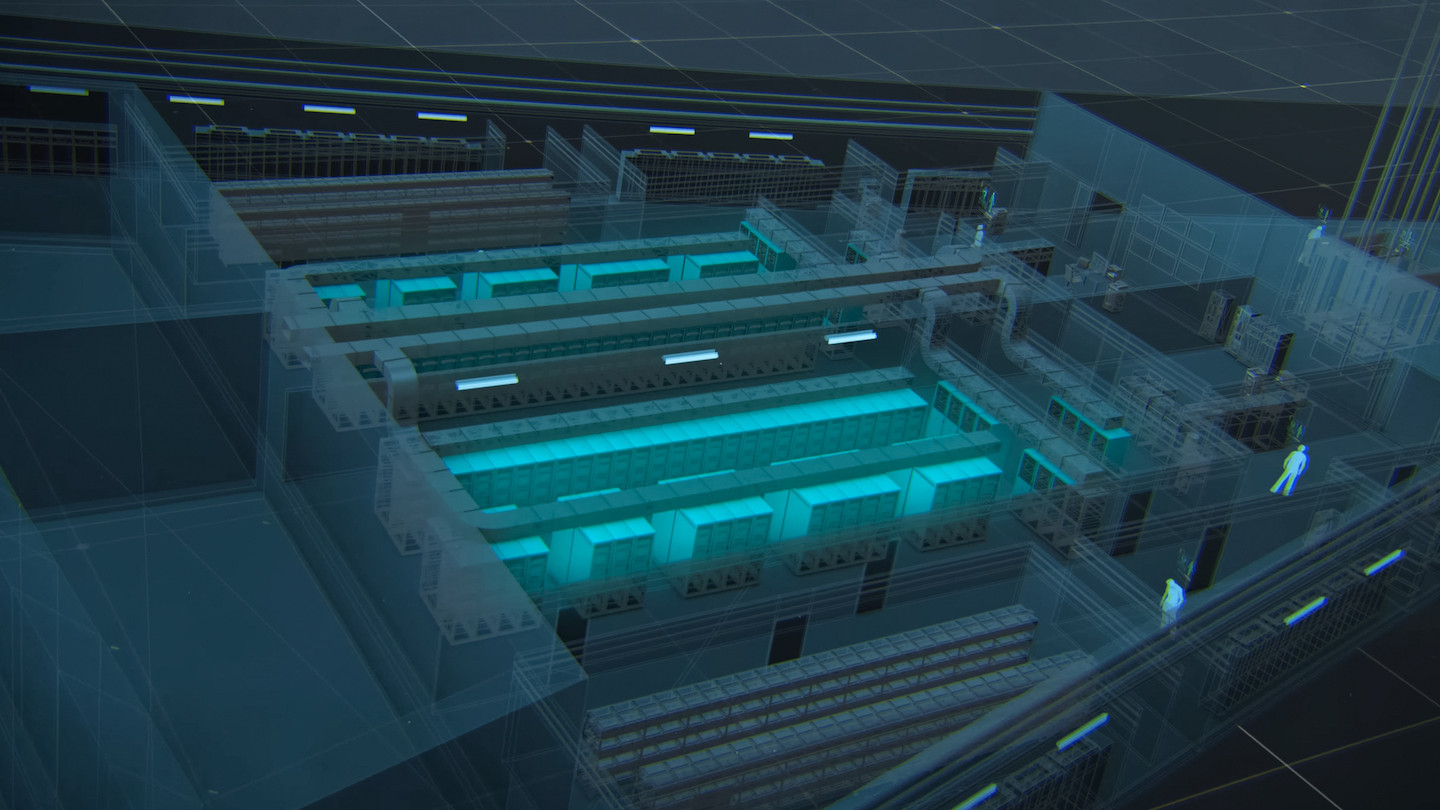GAIA-X: A European Voice for the Cloud
In interview with eurocloud.de, Dr. Martin Endress from IONOS explains how GAIA-X can whet enterprises’ appetite for increased cloud transformation.

© metamorworks | istockphoto.com
“Germany is in the early stages of cloud transformation,” says Dr. Martin Endress. “Small and medium-sized enterprises in particular are continuing to run many applications from their own server rooms.” In an interview with eurocloud.de, the Chief Customer Officer of IONOS explains how GAIA-X can whet enterprises’ appetite for more.
EuroCloud: Dr. Endress, why are SMEs still hesitant when it comes to working with the cloud?
Martin Endress: This has partially to do with the fact that the cloud topic can be too complex in its own right – companies lack skilled staff and manpower. But in some cases, concerns predominate – SMEs want to know where their own data is physically located and what happens to it. As a result, SMEs are missing out on opportunities for digitalization and aren’t tapping into its full economic potential.
EuroCloud: As a cloud provider, how does IONOS help SMEs to get started?
Endress: IONOS is a classic web hoster with 10 data centres in Europe and over 5 million end customers. Whether it’s to do with domains, emails, or even cloud stacks – all of the services that we offer are provided in compliance with the GDPR and come with personal round-the-clock support for customers. These are just two of many deciding factors with which we convince customers and resolve the complexity of the technology.
EuroCloud: Now GAIA-X is coming into its own. What role does the project play for IONOS?
Endress: We are engaged in the GAIA-X initiative, where we bring our know-how to bear, and we’re one of the “Day One” members of GAIA-X AISBL, which was officially launched in November 2020. IONOS sees GAIA-X as a project which not just makes sense, but which is actually essential for creating a European data infrastructure – an infrastructure which, based on national principles and standards, offers clear regulations for all players concerning where data is located, who owns it, and how it can be processed.
EuroCloud: Why is this so important?
Endress: For many reasons, companies don’t share their data: whether it comes down to intellectual property issues, manufacturers’ and competitors’ interests, or concerns about the protection of personal data. That needs to change. To this end, GAIA-X creates a secure digital space for the exchange of information through means which are sovereign for the overall economy. Everyone who shares data with others in this space should benefit from the digital products and services that the architecture will make possible. This will give a boost to the data economy and the Digital Single Market.
EuroCloud: What know-how does IONOS bring to bear on the initiative?
Endress: We are predominantly involved in the horizontal services and take care of such areas as identity and access management (IAM). Rainer Sträter is also involved in the GAIA-X Architecture Board as Head of Global Platform Hosting at 1&1 Internet.
EuroCloud: How important is GAIA-X for Europe and Germany?
Endress: Cloud computing has enormous economic significance. That’s the reason why a political and strategic initiative like GAIA-X is needed to lay the foundations and to help the opportunities to be seized. From the infrastructure to the platform to the software level, we must build up our own competences and let them flourish on the breeding ground of data integrity and data sovereignty. Ultimately, data should be regulated at the place where it is created.
EuroCloud: And what does the SME sector gain from this?
Endress: The opportunity for innovation! Whether it’s to do with artificial intelligence, autonomous systems, or Industry 4.0 – digital innovation needs data. Data that GAIA-X democratizes, so to speak, for all players in the ecosystem. To achieve this, GAIA-X relies on interoperability, open source, and standards. If companies want to cooperate in the ecosystem, they no longer, for example, have to check whether all data protection requirements are met on a project-by-project basis. This makes companies more agile. And it empowers them to control their data and its use in a self-determined way at any time.
EuroCloud: What can stand in the way of GAIA-X’s success?
Endress: From federation services, to catalogues, and right through to identity management – horizontally GAIA-X is already very advanced. Vertically, however, it needs to be tailored very precisely to the substantive needs of companies. The initiative will only gain broad acceptance when companies see themselves in the use cases. GAIA-X’s success will in fact lead to increased complexity: the initiative must balance interests very intelligently. And it must do so without always reducing everything to the lowest common denominator.
EuroCloud: Isn’t GAIA-X ultimately pitted against the competition from overseas?
Endress: GAIA-X isn’t another hyperscaler. There are already European cloud providers like OVH, Deutsche Telekom, and IONOS. Instead, it’s about an intelligent and distributed data architecture that is open, secure, and transparent. In this respect, GAIA-X stands for a distinctive, European cloud model in which users can remain flexible and do not need to commit themselves to one provider. The example of the GDPR has made it clear that Europe is heard in the cloud world when it speaks with one voice. A voice that, on the strength of GAIA-X, should now rise even further with confidence.
Dr. Martin Endress is Chief Customer Officer of IONOS. In this role, he is responsible for existing customer management. He also manages the sales of IONOS cloud. Endress has over 15 years of experience in B2C and B2B marketing and sales. He started his career at Microsoft and the Boston Consulting Group. From 2014 to 2019, he held various management positions at E.ON. Endress was awarded his doctorate in political economy from the University of Cologne. Prior to that, he completed his studies at the London School of Economics and the LMU Munich.
Please note: The opinions expressed in Industry Insights published by dotmagazine are the author’s own and do not reflect the view of the publisher, eco – Association of the Internet Industry.







